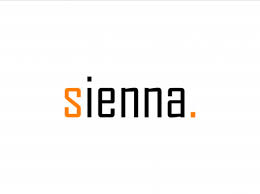
| The SIENNA Project is holding its final (online) conference on Ethics, Human Rights & Emerging Technologies. Various project members and a host of professors from various fields will present and discuss results and proposals for the ethical management of new and emerging technologies. The conference has four parts that can be attended separately. The programme is now available for all sessions, and they are all individually free to attend! Here is just a little taster, all times are CET: 10 March 14:00-17:00 Human Genetics and Genomics: Ethical, legal and human rights challenges 11 March 09:30-12:30 Human Enhancement: Ethical, legal and human rights challenges 13:30-17:30 Artificial Intelligence and Robotics: Ethical, legal and human rights challenges 12 March 13:00-17:00 Governance of emerging technologies: incorporating ethics and human rights Two panel discussions might be of particular interest to Technology Bloggers readers: On Thursday 11 March at 11:40, future strategies for human enhancement, ethics and human rights features the following interesting array of speakers. Lesley-Ann Daly, CyborgNest Christopher Coenen, Karlsruhe Institute of Technology Marc Roux, President of the Association Française Transhumaniste – Technoprog Yana Toom, Member of European Parliament, STOA member. While later in the afternoon (at 16:40) a panel will discuss strategies for future ethical and human rights challenges of AI and robotics, and it also includes some really interesting names: Cornelia Kutterer, Senior Director on Microsoft’s European Government Affairs team in Brussels Patrick Breyer, Member of European Parliament, Group of the Greens/European Free Alliance Clara Neppel, Senior Director of the IEEE European office Vidushi Marda, Article 19 and Carnegie India Have a look at the full programme, or go to the conference website landing page to register. It’s free! |
